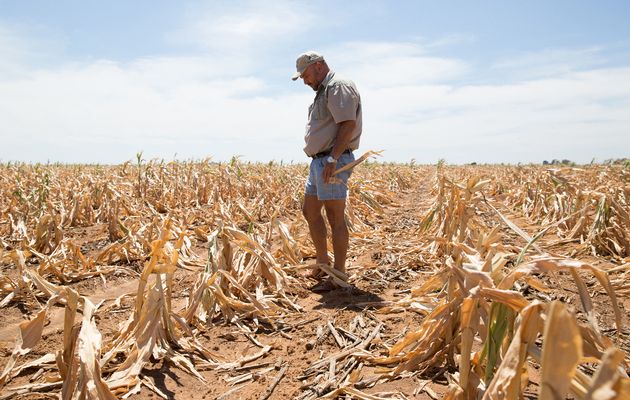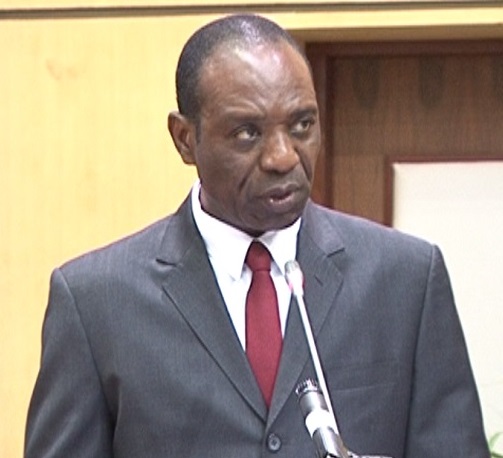MBABANE, Swaziland, (AIM): The extraordinary summit of the Southern African Development Community (SADC) held in Swaziland on Saturday, March 18, 2017 decided to set up a regional fund to deal with natural disasters, such as droughts, cyclones, floods and insect pests, which frequently affect SADC members.
Speaking to reporters in Mbabane, after the summit, where he represented President Filipe Nyusi, Mozambican Prime Minister Carlos Agostinho do Rosario said “we have decided to work together to set up a regional fund to be used in the event of natural disasters. Mozambique, as one of the countries that has repeatedly suffered from such natural adversities, will do all in its power to ensure that this fund is created in the coming year”.
During the year, he added, SADC would clarify how the fund will raise contributions, and how affected countries may gain access to it. “For now, the most important thing is the decision we have taken”, said Rosario, “because in many situations the region has faced difficulties in responding to natural disasters”.
Rosario’s words were in line with the opening remarks made by the summit host, Swazi King Mswati III, who had noted that, on 26 July last year, in Gaborone, SADC had launched an appeal to raise resources to aid about 41 million people affected by drought in the region.
Since then SADC member states and the international community had contributed about 979 million US dollars, which is only 34 per cent of the amount required (about 2.9 billion dollars). Mswati had said “member states are encouraged to contribute financially, since there is still an enormous deficit”.
“The region needs to implement an efficient mechanism for responding to disasters as quickly as possible”, he said. “We need to improve coordination and collaboration to promote harmonized approaches in disaster management”.
Rosario said the summit stressed the pertinence of regional industrialization, taking into account that SADC members possess enormous natural resources which need industry to add value. He added that SADC has now created a directorate with the specific mission of working on industrialization.
Rosario also attended the meeting of the SADC “double troika” dealing with questions of peace and stability in the region, particularly the situations in Lesotho and the Democratic Republic of Congo (DRC).
It was worrying that Lesotho was holding elections almost every two years (and the next elections are set for 3 June). “Elections cost money which is in short supply in Lesotho and in the region”, he said. “So the summit stressed the need for Lesotho to comply with the recommendations of SADC and other partners, so that solutions may be lasting”.
The final communiqué from the summit said the leaders “noted with concern the changed political dynamics that have necessitated the holding of snap elections”, and urged Lesotho “to address the fundamental challenges and bring about political stability”.
The summit called for a “multi-stakeholder national dialogue” before the elections “with the aim of building consensus and trust among all stakeholders and charting the way forward for the implementation of SADC Decisions”.
Shortly after the elections there will be a further meeting of the Double Troika “to engage the new Government of Lesotho on the need to implement the SADC Decisions and the recommendations of the SADC Commission of Inquiry through a roadmap with clear timelines”.





